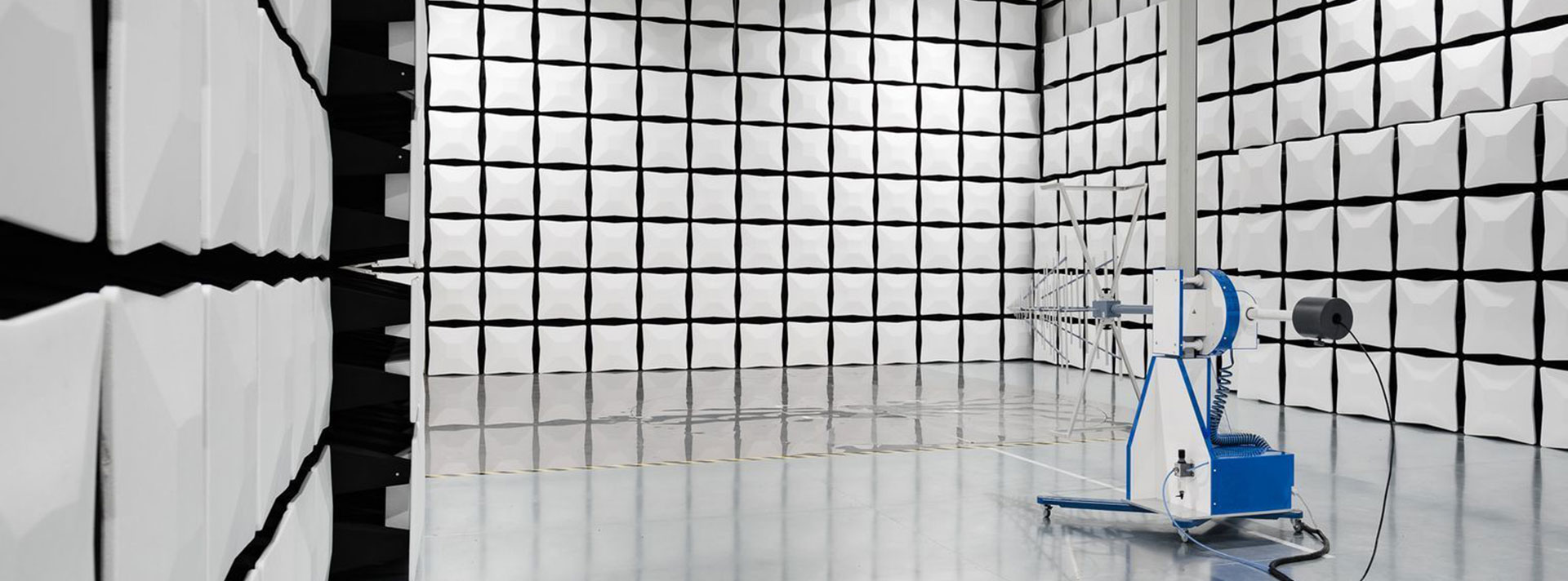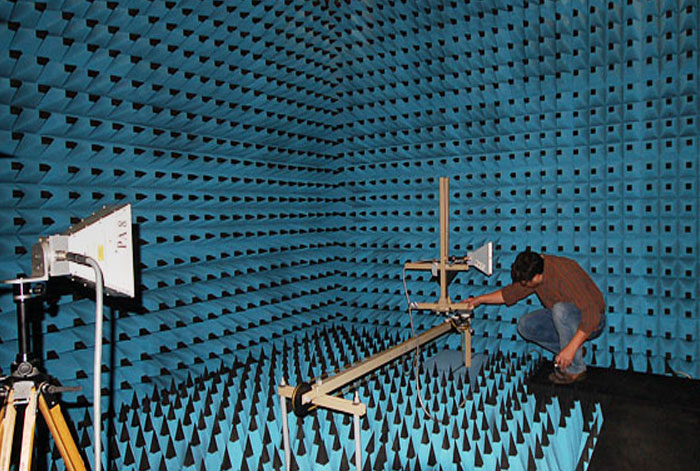




Electromagnetic Compatibility (EMC) is an area of electrical engineering for undesirable generation, propagation, and electromagnetic energy intake, which can cause undesirable effects such as electromagnetic interference (EMI), electromagnetic interference, and physical damage to equipment.

Electromagnetic compatibility means that an electrical or electronic device is compatible with the electromagnetic environment, ie it does not cause any interference and does not emit energy that causes electromagnetic interference in other surrounding devices.
If the electromagnetic energy levels in the environment exceed the electromagnetic immunity level at which an electrical or electronic device is designed and tested, this device may be vulnerable to electromagnetic interference. The problems of electromagnetic interference are not only a technical issue but also a very complex issue for human health.
In the European Union countries, the Electromagnetic Compatibility Directive 2014 / 30 / EU has been issued to regulate the electromagnetic compatibility of electrical and electronic equipment. In our country, the Electromagnetic Compatibility Regulation (2014 / 30 / EU) has been issued by the Ministry of Industry and Technology.
For manufacturers, the only way to determine whether the products are electromagnetically compatible is to conduct electromagnetic compatibility tests using scientific methods. These tests need to be repeated in order to maintain this conformity after the production changes.
The following are a few standards that EMC tests are conducted by the competent authorities:
TS EN 60335 Safety regulations - for household and similar electrical appliances
TS EN 61000-1-2 Electromagnetic Compatibility (EMC) - Part 1-2: General - Methodology for the functional safety of electrical and electronic systems, including equipment related to electromagnetic phenomena
TS EN 61000-6-2 ... Section 6-2: General standards - Immunity for industrial environments
TS EN 61000-6-4 ... Section 6-4: General standards - Diffusion standard for industrial environments
The application is received, the contract and then the product, vehicle and vehicles for which, what kind of service is determined exactly.
The necessary laboratory environment is prepared and the products, tools and instruments requested by the organization are tested by experts with the reference of the existing standards and measurements are made.
The data obtained as a result of meticulously completed tests, measurements and analyzes are evaluated and accredited approved reports are submitted by expert engineers.
To get an appointment, to get more detailed information or to request an evaluation, you can ask us to fill in our form and reach you.